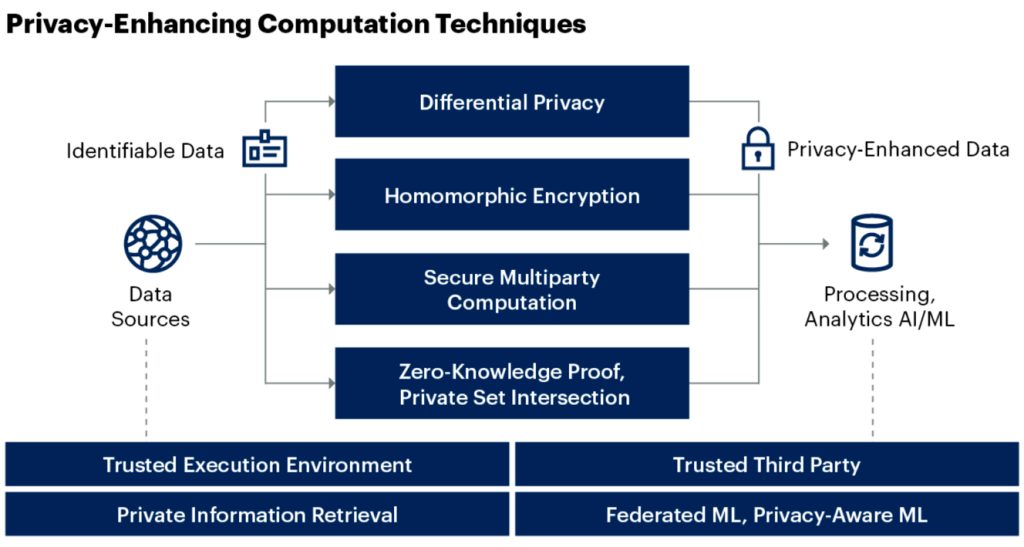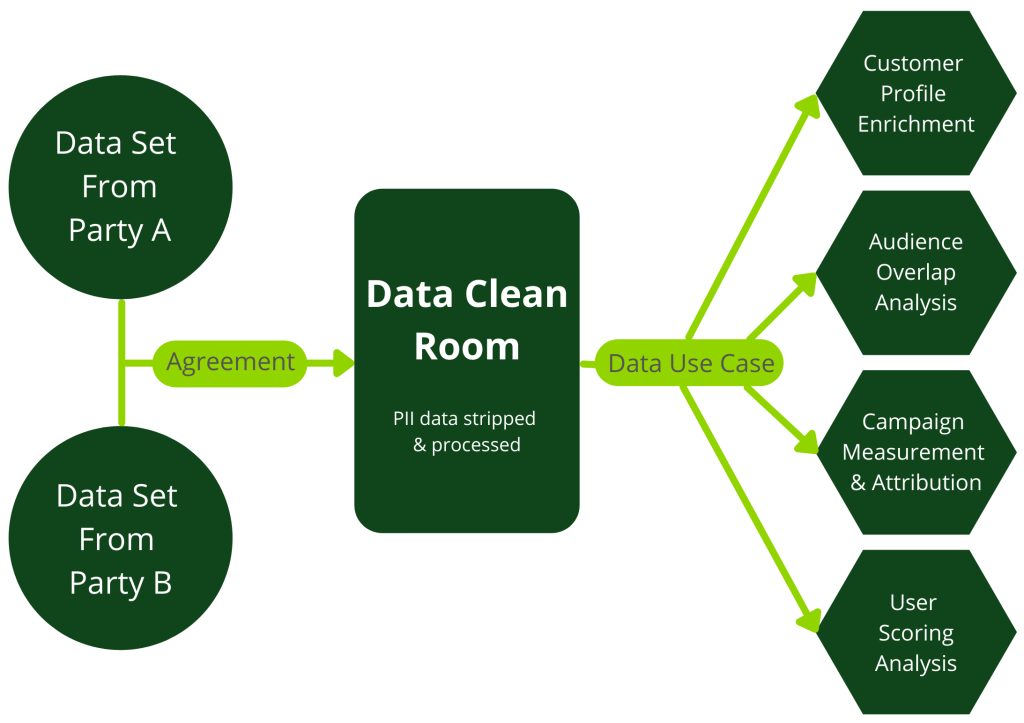At the IAB Annual Leadership Meeting this week in New York, IAB Tech Lab have announced that they are launching, from next month, a Privacy Enhancing Technologies (PETs) Working Group.
In effect this is the next phase of work for Project Rearc – IAB Tech Lab’s collaborative initiative to responsibly resolve for the mechanics of digital advertising once third-party cookies deprecate. The initial sets of specifications released were the starting point and now the industry needs to work towards sustainable cutting-edge technologies that can enable privacy-preserving innovation in all-things data in the same manner that other industries are evolving towards.
IAB Tech Lab are now openly seeking volunteers from across the industry such as developers working on advanced cryptography, data scientists, privacy and security systems engineers, and others in the digital advertising community to come together to develop privacy-enhancing standards and software tools for the advertising industry. Initial efforts will focus on developing and standardising PETs to advance revenue generation for publishers, whilst delivering efficient and effective outcomes for advertisers.
Introducing PETs
Privacy Enhancing Technologies are a category of technologies that enable, enhance and preserve the privacy of data throughout its lifecycle, including when being shared with third-parties. These have been quietly at work in sectors such as finance and health for some time, but have recently been attracting more interest as more industries (including online advertising) grapple with the increased capabilities of technology whilst also managing the requirements of tighter legislative scrutiny and obligations of increased regulations.
In Gartner’s recent Top Strategic Technology Trends for 2022 report, privacy-enhancing computation was highlighted (see image below) as a key trend enabling secure data processing, sharing, cross-border transfers and analytics, even in un-trusted environments. Traditional examples of PETs include secure multiparty computation, homomorphic encryption and differential privacy.

Differential privacy – enables access to data containing consumer personal information without revealing the identities of the individuals, thereby ensuring confidentiality.
Homomorphic encryption – is a method of encryption that allows computations to be performed on encrypted data without first decrypting it with a secret key. The results of the computations also remain encrypted and can only be decrypted by the owner of the private key.
Secure multiparty computation – enables data scientists and analysts to compliantly, securely, and privately compute on distributed data without ever exposing or moving it.
PETs can enable trusted, decentralised collaboration by allowing participants to securely cross-match or analyse disparate data holdings and extract value without the risk of exposing any sensitive information.
Companies keen to leverage data they don’t own or control is increasingly attractive as collecting, managing, and maintaining large first-party data holdings is difficult, expensive and risky. Second and third-party data sources can provide enormous value, but can also increase risks – and PETs can preserve the interests of the various contributors whilst also expanding usability for the data owner since these protections can help overcome any legal or risk objections.
Enabling the next era of digital advertising
We already have some examples of PETs playing a key role in digital advertising and this is only set to continue. Data clean rooms for instance (such as Google’s Ads Data Hub or LiveRamp’s Safe Haven) are a working example of PETs in our industry.

image: ShareThis
These solutions enable businesses with legitimate access to large amounts of first-party data to safely and securely keep and update that information without directly accessing the raw data, negating the risk of ever exposing the consumer data. Thereafter, other companies (second parties) can bring their own data and campaign insights from one clean room and compare it with another, again without directly exposing customer data.
Meta (Facebook) have for some time now been running a number of PETs initiatives – including On-Device Learning, whereby a consumer’s phone would play the key role in determining whether an ad matches their preferences without the need for an ID being associated with the process.
For more information on this project click here

Meta have also been working recently with Mozilla on a project called Interoperable Private Attribution. This is a proposed interoperable system for cross-platform attribution that would enable accurate ad measurement whilst still ensuring user privacy through Secure Multiparty Computation. To read more on this initiative click here
We will be keeping our members updated on the progress and updates from IAB Tech Lab’s dedicated PETs working group and encourage those keen to get involved to participate directly. For further reading on the IAB Tech Lab’s PETs initiatives please follow the link below:
